Hi Folks! I’d like to introduce you to my good herbal frien–oh…you’ve already met? I guess I’m not surprised… Everybody knows black pepper! But did you know that it is more than a kitchen spice? Black pepper is also a potent medicinal herb! Yup, black pepper’s herbal prowess is nothing to sneeze at (unless you happen to get an accidental whiff up the nose)!
Black pepper, renowned as ‘The King of the Spice Trade,’ has been a highly valued condiment since ancient times. Chinese medicine records date its use back to 200 BC. Native to India, it was probably introduced to China through traders.
Belonging to the Piperaceae family, black pepper (Piper nigrum) is a flowering vine. It is widely used and recognized for its strong, pungent and spicy flavor. The fruit of the black pepper plant is a small, spherical drupe that contains a single seed. This fruit is harvested, dried, and shipped worldwide as the well-known peppercorn. Though native to India, it is now cultivated in tropical regions around the world. It thrives in hot and humid weather conditions and requires support from trellises or poles to grow.
Black Pepper: Our Herbal Wingman
Black pepper is a superstar herbal catalyst. What is an herbal catalyst, you say? A catalyst is a friendly push that gets a biochemical reaction going. Think of it like this; some folks are shy introverts and have a terrible time getting to know other people at a social gathering. Every party-goer needs a good wingman! It’s so much easier if you are there with an extroverted friend who will break the ice and introduce you to the interesting folks! Black pepper is the wingman of the herb world! He loves to go along with his introverted herbal buddies and introduce them to the body systems. “Have you met my friend turmeric? He is an excellent fellow with all sorts of wonderful benefits! You two should get to know each other!” The catalytic effect of black pepper makes it a wonderful addition to your herbal regimen! There are a number of medicinal phytochemicals as well as plain old nutrients from foods for which black pepper markedly improves the digestion, absorption and bioavailability.
How Should You Take Black pepper?
You don’t need very much – about an eighth of a teaspoon of dry powder. I usually just grind it into a little bit of water or juice and it works well. However, it needs to be freshly ground! It oxidizes quickly and loses its medicinal potency pretty quickly once ground. When tincturing this herb, grind it and immediately make the tincture. Don’t use powdered pepper that’s sat on the shelf for any length of time.
Final Thoughts
Black pepper is a fantastic herbal medicine with numerous health benefits. It’s antiviral, it’s immune stimulating, it’s good for the brain and on and on…too many to list in a short blog article. In fact, there are so many medicinal benefits to this plant that I am currently writing a 50+ page monograph on the subject that will be uploaded to the online school in the next day or two! So, if you want to learn more about black pepper, or herbal medicine in general, consider enrolling in the Homegrown School of Botanical Medicine. I would love to join you on your journey of herbal healing!
-
The HomeGrown Herbalist School of Botanical Medicine$1,449.00
-
Diverse-a-Chai Tea – Loose Leaf$19.55
-
Black Pepper Tincture$18.00 – $32.00
-
Oil of Black Pepper$13.75



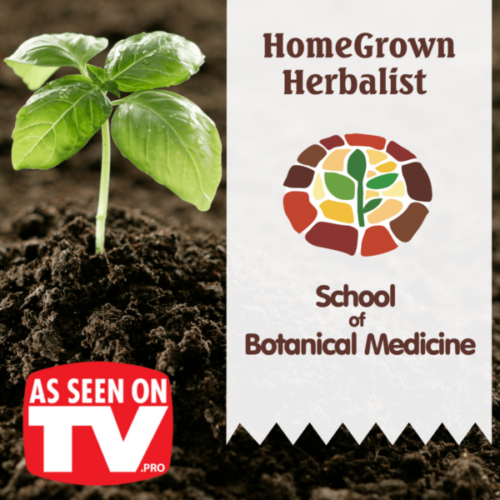
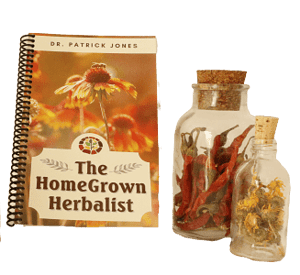

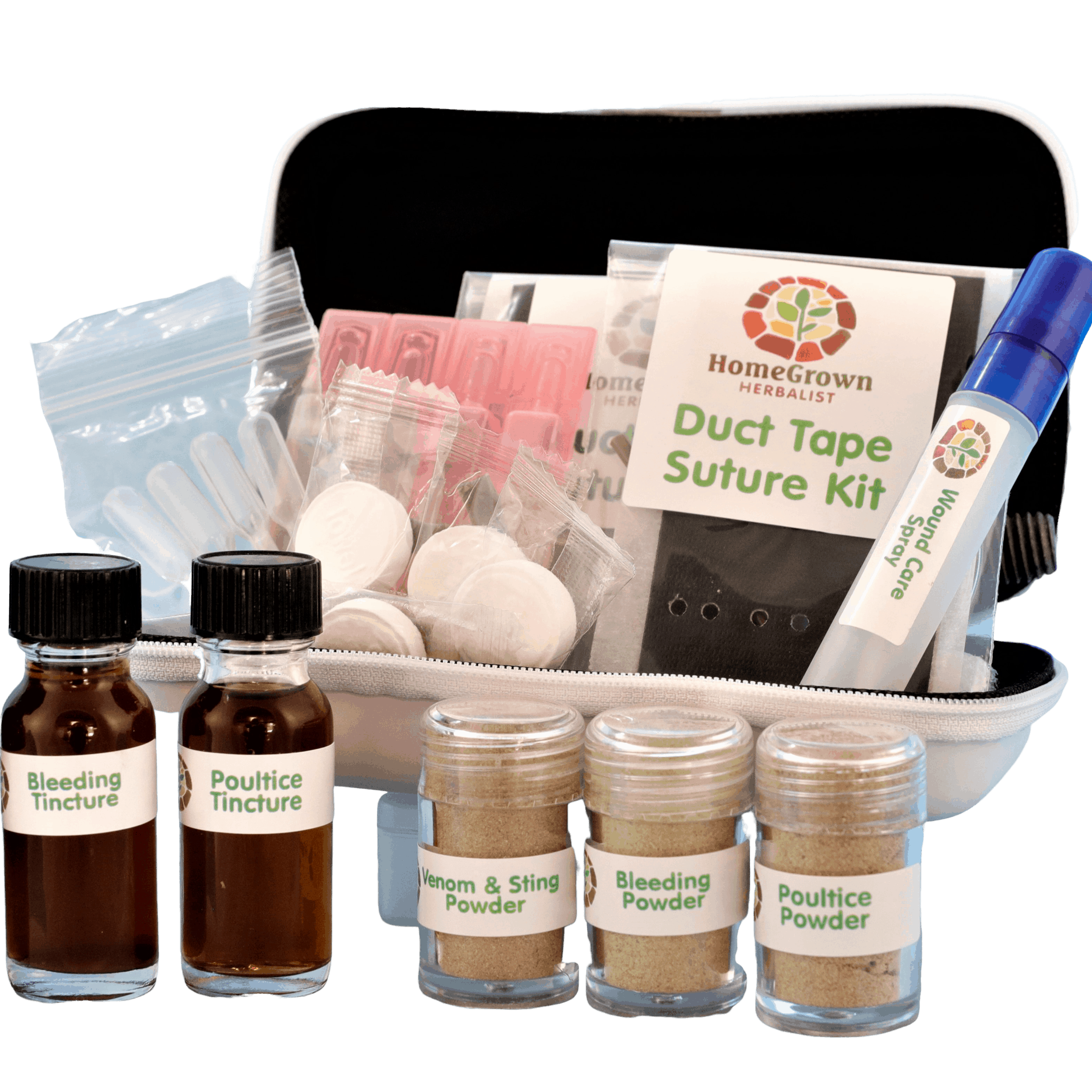
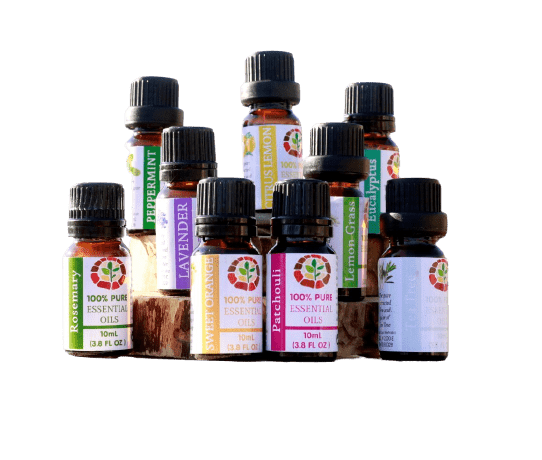
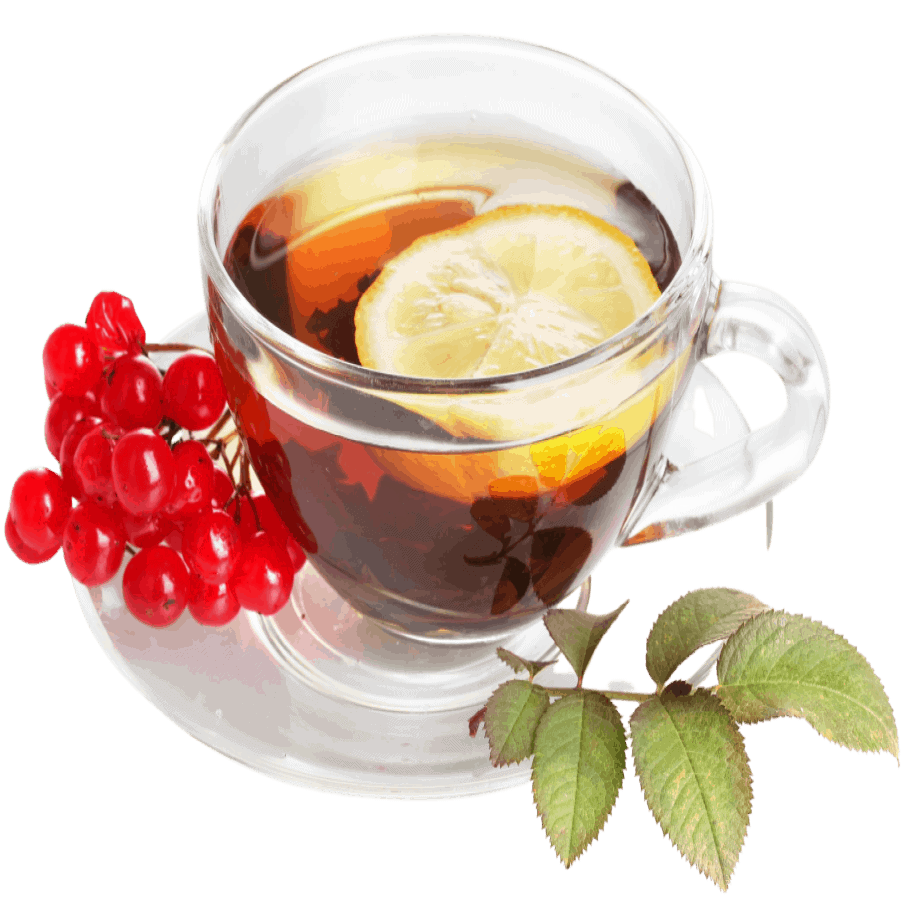
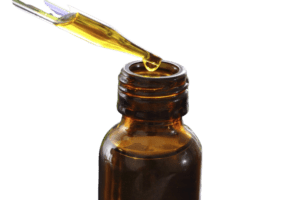
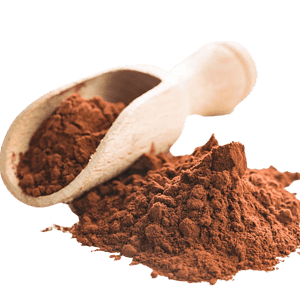
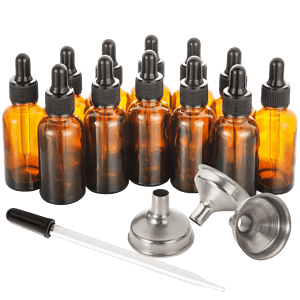


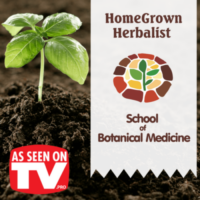
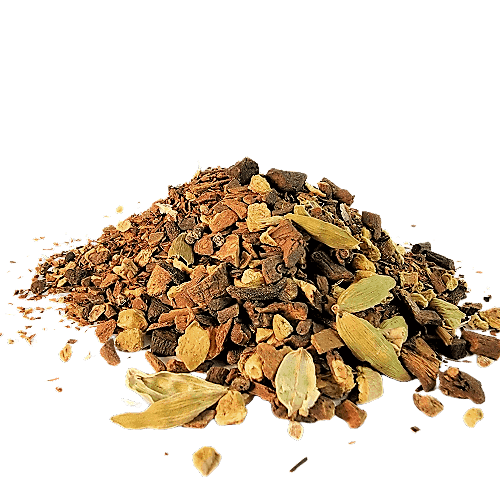
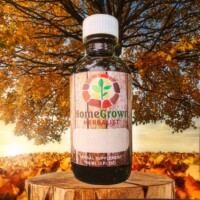
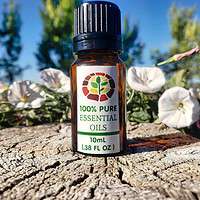
I was just cleaning out my black pepper vine this morning of dead leaves. I think the cold got to them a bit this winter (south Florida). I have some green drupes on the vine. So happy to know how healthy they are.
I need to move to a place where I can grow it in my yard. We’re having a blizzard today for fun.
Great video. Who knew pepper was so useful. Thank you.
Thanks Marge
I love black pepper. You show pictures of Oil of Black Pepper and Tincture of Black Pepper. Do these products contain the medicinal effects of the peppercorn? If they do, what is that shelf life of the pepper additive?
I have purchased turmeric powder that says it contains black pepper but after listening to you, that stuff is useless as far as the medicinal effects of the pepper.
I like to grind the pepper fresh when I use it. Tincturing is fine as well, as long as it’s tinctured at the time of grinding..
The red an white pepper
When they are ground do they lose their minsble property like the back pepper Does?
I use the black for medicine. Any of them ground has a short shelf life.
So glad to know about its oxidation. Will be sure to grind it fresh!
Thanks!
Saw a medical-science research article not too long ago — maybe a month ago or less –about ground black pepper (peperine) boosting and super charging the anti-inflammatory and many other beneficial effects of turmeric root so started adding a pinch of it to my turmeric root (1 inch), powdered ginger root (1/4 tsp), lemon (1 lemon squeezed) and raw honey (2 Tbsp), hot water (1 cup; steep 8 to 10 minutes) tea. Normally the recipe calls for a pinch of cayenne (capsaicin) but after reading the research article, I switched to a good sized pinch of ground black peppercorn instead. I was really impressed by the difference!
Yup. Black pepper and turmeric are good buddies. Boswellia also has a neat synergistic relationship with turmeric for inflammation. The three together is remarkable.
We make a tea just like that but use BOTH cayenne and black pepper. This also immune boosting. We call it our “cold killer tea”.